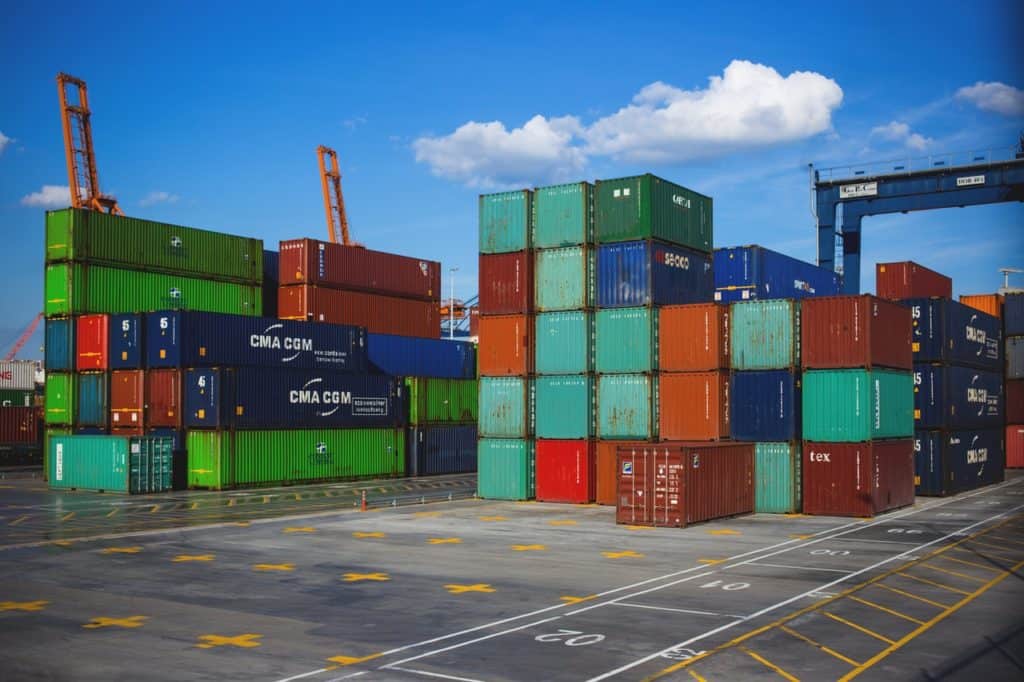Shortage of labour and containers at the ports take a toll on India’s exports. Indian logistics industries face the effects of the pandemic as the number of migrant labour returning to homes increases.
Shortage of Labour at the Ports
A report by Indian Port Association revealed that country’s 12 major ports witnessed a 21% decline in cargo volumes to 47.42 million tonnes (MT) in April due to the pandemic. These include Deendayal; Mumbai, JNPT; Mormugao New Mangalore; Cochin, Chennai, Kamarajar (earlier Ennore), V O Chidambarnar, Visakhapatnam, Paradip and Kolkata (including Haldia). Of these, Chennai and JNPT ports saw the biggest decline of 38.17% and 33.97% in cargo handling respectively. Rating agency ICRA projects contraction of 5-8% in general cargo and 12-15% in container segment throughout 2020-21.
Shortage of Cargo containers
Indian ports are facing a 50%-60% shortage in cargo containers. Vinod Kaul, executive director of All India Rice Exporters Association, stated that demand for basmati rice is high during Ramdan from Middle Eastern countries. However, basmati rice exports from India have halved to 2 lakh tonnes per month. Though exports could have taken place from other ports, all ports are witnessing a severe shortage of containers. Besides, import containers have not been emptied at the ports due to a shortage of labour. Consequently, the freight of containers has spiked by 32%.
Reverse Migration and logistics industry
Industrial experts state that the reverse migration owing to the lockdown and fear of COVID has put a stress on logistics and local distribution. As a result, labour costs have increased and impacted operating efficiencies in the medium term.
Further, All India Food Processors Association said that retail shelves for processed food might dry soon due to a shortage of migrant labour. Also, the bulk of agricultural commodities has choked on ports due to the scarcity of labour. Moreover, workers are unlikely to return for the next three months once they reach home. The India Cellular & Electronics Association stated that though it expects 30% normalcy by May end, getting labour will turn out to be a big challenge.
While workers are desperate to return to their homes, employers are pleading with authorities not to allow ‘shramik’ trains. The cargo shipment restarted in lockdown 1.0, 2.0 and 3.0. However, it again came to a halt as labourers started returning. As a result, Shipments stuck at CFS for 10-15 days due to lockdown.
In all, the logistics industry (largely manpower-oriented) is finding it difficult to operate in the prevailing situation.

